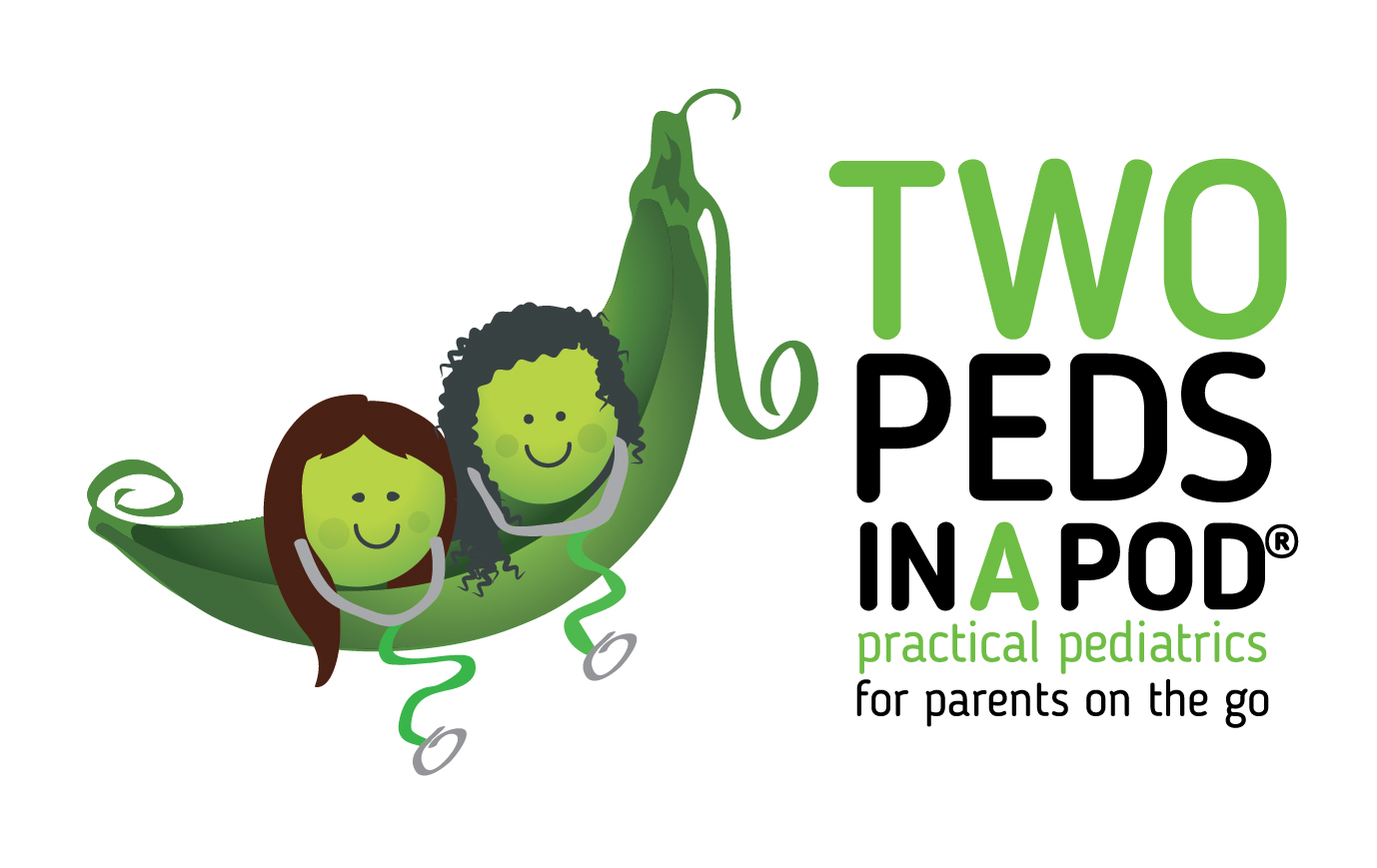Parents ask us about fever more than any other topic, so here is what every parent needs to know:
Fever is a sign of illness. Your body makes a fever in effort to heat up and kill germs without harming your body.
Here is what fever is NOT:
· Fever is NOT an illness or disease.
· Fever does NOT cause brain damage.
· Fever does NOT cause your blood to boil.
· Unlike in the movies and popular media, fever is NOT a cause for hysteria or ice baths.
· Fever is NOT a sign of teething.
Here is what fever IS:
· In many medical books, fever is a body temperature equal to or higher than 100.4 degrees Farenheit.
· Many pediatricians, consider 101 degrees Farenheit or higher as the definition of fever once your child is over 2 months of age.
· Fever is a great defense against disease, and thus is a SIGN, or symptom, of an illness.
To understand fever, you need to understand how the immune system works.
Your body encounters a germ, usually in the form of a virus or bacteria, that it perceives to be harmful. Your brain sends a message to your body to HEAT UP, that is, make a fever, to kill the germs. Your body will never let the fever get high enough to harm itself or to cause brain damage. Only if your child is experiencing Heat Stroke (locked in a hot car in July, for example), or if your child already a specific kind of brain damage or nervous system damage (rare) can your child get hot enough to cause death.
When your body has succeeded in fighting the germ, the fever will go away. A fever reducing agent such as acetaminophen (e.g. Tylenol) or ibuprofen (e.g. Motrin) will decrease temperature temporarily but fever WILL COME BACK if your body still needs to kill off more germs.
Symptoms of fever include: feeling very cold, feeling very hot, suffering from muscle aches, headaches, and/or shaking/shivering. Fever often suppresses appetite, but thirst should remain intact: drinking is very important with a fever.
Fever may be a sign of any illness. Your child may develop fever with cold viruses, the flu, stomach viruses, pneumonia, sinusitis, meningitis, appendicitis, measles, and countless other illnesses. The trick is knowing how to tell if your child is VERY ill or just having a simple illness with fever.
Here is how to tell if your child is VERY ill with fever vs not very ill:
Any temperature in your infant younger than 8 weeks old that is 100.4 (rectal temp) degrees or higher is a fever that needs immediate attention by a health care provider, even if your infant appears relatively well. For kids over 2 months of age, take the temperature anyway you’d like, just let your pediatricians know how you took it.
Any fever that is accompanied by moderate or severe pain, change in mental state (thinking), dehydration (not drinking enough, not urinating because of not drinking enough), increased work of breathing/shortness of breath, or new rash is a fever that NEEDS TO BE EVALUATED by your child’s doctor. In addition, a fever that lasts more than three to five days in a row, even if your child appears well, should prompt you to call your child’s health care provider. Recurring fevers should also be evaluated.
Should you treat fever? As we explained, fever is an important part of fighting germs. Therefore, we do NOT advocate treating fever UNLESS the side effects of the fever are causing harm. Reduce fever if it prevents your child from drinking or sleeping, or if body aches or headaches from fever are causing discomfort. If your child is drinking well, resting comfortably or playing, or sleeping soundly, then he is handling his fever just fine and does not need a fever reducing agent just for the sake of lowering the fever.
A note about febrile seizures (seizures with fever): Some unlucky children are prone to seizures with sudden temperature fluctuations. These are called febrile seizures. This tendency often runs in families and usually occurs between the ages of 6 months to 6 years. Febrile seizures last fewer than two minutes. They usually occur with the first temperature spike of an illness (before parents even realize a fever is present) and while scary to witness, do not cause brain damage. No study has shown that giving preventative fever reducer medicine decreases the risk of having a febrile seizure. As with any first time seizure, your child should be examined by a health care provider, even if you think your child had a simple febrile seizure.
Please see our “How sick is sick?” blog post for further information about how to tell when to call your child’s health care provider for illness.
Julie Kardos, MD and Naline Lai, MD
rev © 2015 Two Peds in a Pod®



